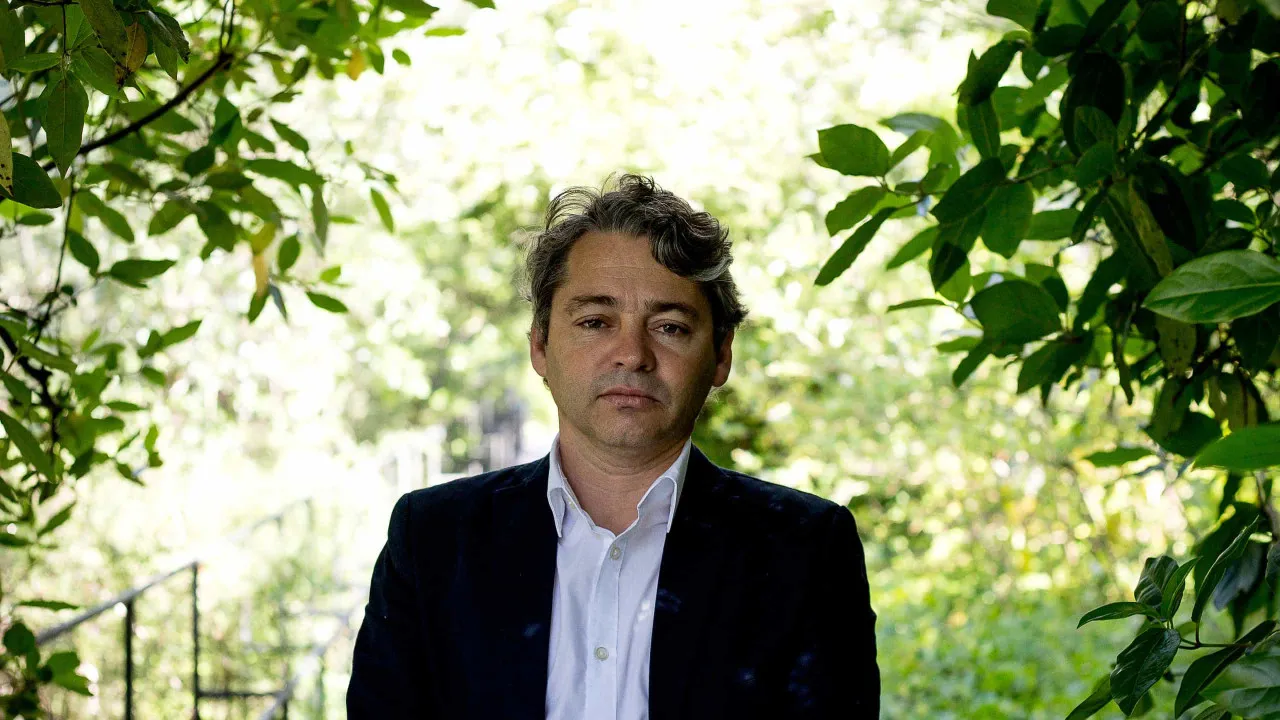
Actress Maria do Céu Guerra explained that the A Barraca theatre company decided to revive a particular play due to a growing global wave of support for policies of hatred and violence. She stated that it is imperative for artists and writers committed to peace and freedom to act again. The play, first written in 1987, tackles themes that unfortunately resonate with today’s political climate.
The play ‘O príncipe de Spandau’, centered on Rudolph Hess, a trusted confidant of Adolf Hitler, is set between his trial at the Nuremberg Trials and his death at Spandau Prison. Hess, appointed as deputy Führer alongside Herman Goering in 1933, held his position until 1941. He was a pivotal figure in drafting the Nuremberg Laws of 1935 that denied rights to Jews and laid the groundwork for the Holocaust. Captured by the British in 1941 after flying to Scotland to negotiate peace, he was held until the end of World War II, subsequently tried in Nuremberg, and sentenced to life for crimes against peace. Hess died on August 18, 1987.
When playwright Hélder Costa wrote the play in 1987 and actor João d’Ávila performed it, the threat of neo-Nazism was not as apparent. Maria do Céu Guerra remarked that the play was then a historical lesson from which everyone could learn, compelling Costa to write it. Given today’s escalating global threats, the play’s themes—concerning the dangers of rising nationalism—are alarmingly relevant, argued Guerra.
The character of Hess in the play is not fictional. “He was a friend, a secretary, a key figure of the Nazi regime who co-wrote ‘Mein Kampf’ with Hitler, contributed to the legislative framework, and orchestrated the Holocaust,” stated Guerra. The performance aims to present Hess as one of the most influential leaders of the Third Reich in his rawest form. The details of Hess’s death remain uncertain, provoking discussions on historical ambiguity.
This revival is a collective decision by A Barraca, embodying their commitment to tackle timely and thought-provoking topics. The theatre company, particularly playwright Helder Costa, embraces subjects that demand a clarifying contribution to cultural discourse. This commitment aligns with the company’s longstanding ethos of social engagement and artistic responsibility, as Guerra noted.
The play, penned by Hélder Mateus da Costa and interpreted by actor Gil Filipe, will have opening performances on Thursday and Friday at 19:30. In the story, Hess envisions himself in Spandau’s headquarters, embodying Hitler’s ideology, directing global politics, and imagining a Nazi resurgence. The narrative explores his final days as he perceives his death as heralding a rebirth of Nazism. Costa emphasizes his hope that history does not repeat itself, even as a farce.
First staged in 1987 following Hess’s death as a cautionary tale against the return of such perilous ideologies, the play premiered in Vienna in 1989 and toured Denmark, Bolivia, Romania, London, Paris, Brussels, and Madrid before debuting in Lisbon. ‘O príncipe de Spandau’ runs until July 27, with performances scheduled on Thursdays, Fridays, Saturdays, and Sundays. There are plans for the play’s return to the stage in September.




